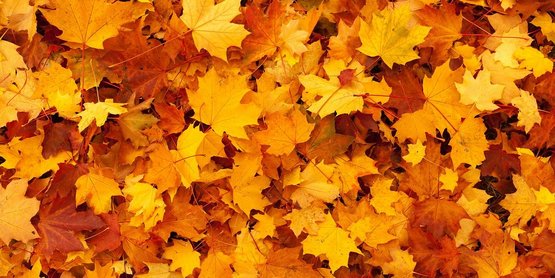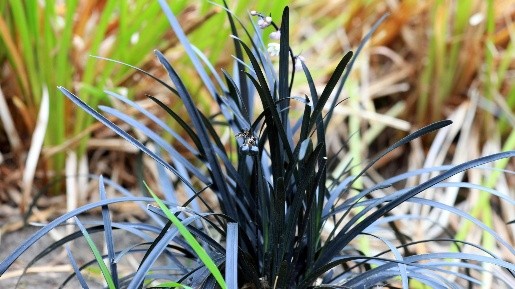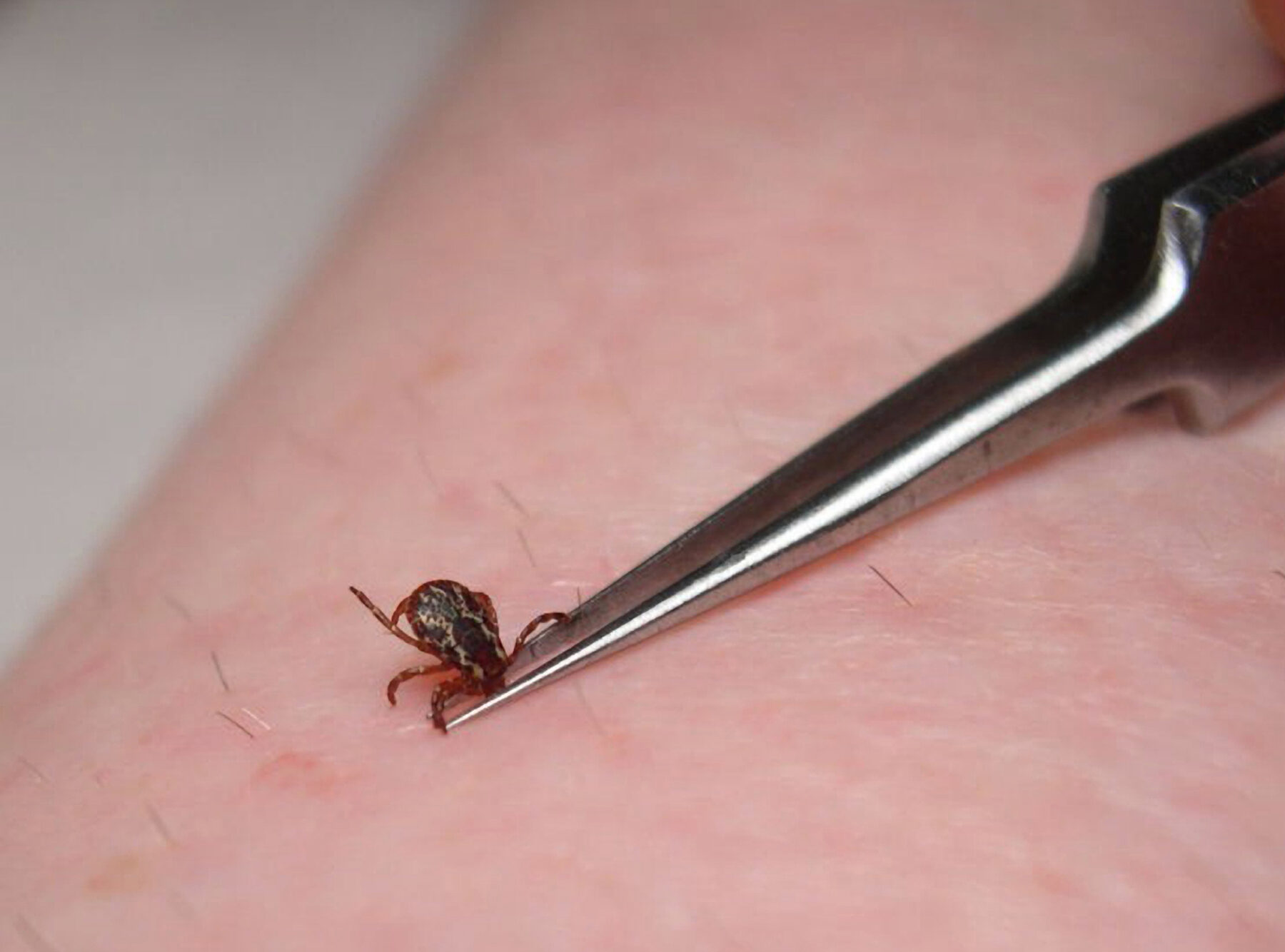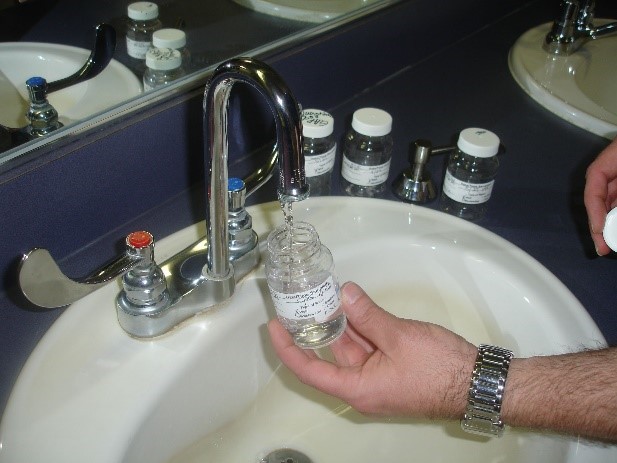Uncategorized
-

Being from South, we are all familiar with kudzu, the invasive vine that ate the South. However, are you familiar with the other invasive plants? Invasive species are any species that are non-native and harm the local ecosystem. When these non-native plants and animals establish themselves in our local ecosystems, they outcompete and dislodge species…
Posted in: Uncategorized -

As winter settles in and the first frost blankets the ground, you may already be dreaming of warmer weather and the return of gardening season. You may already be thinking about spring and considering what to plant beyond just seasonal vegetables. It’s important to start thinking about these changes you may want to make, not…
Posted in: Uncategorized -

Remember when you were a kid, and you’d get tucked in on all sides nice and snug for a good night’s rest so you’d be ready to go the next day? Your gardens need that same care in late fall to have the best start in the spring. Some call it “putting the garden to…
-

Where do insects and other invertebrates go in the winter? The vast majority “overwinter,” or spend winter, right where they spent all summer — just less active and more hidden. Think twice before you rake, mow, and blow this year. Invertebrates rely on fallen leaves and other organic debris to cover and insulate them from…
Posted in: Uncategorized -

As the air grows crisp and the nights get longer, there’s something magical about spending time in the garden during the Fall. With Halloween around the corner, why not embrace the season’s spooky spirit and plant a garden that looks like it leapt straight out of a ghost story? Whether you’re decorating for trick-or-treaters, planning…
Posted in: Uncategorized -
If you have pine trees on your property, one of the biggest threats to their health could be lurking just beneath the Southern Pine Beetle (SPB). Though only about the size of a grain of rice, this destructive insect can kill entire stands of trees in a matter of weeks if left unchecked. SBP are…
Posted in: Uncategorized -
Hummingbird moths have been seen as a lucky omen. In particular, a swarm of the moths was seen flying across the English Channel on D-Day, the day of the Normandy landings in the Second World War. Spiritually, the hummingbird moth is seen by some cultures as a symbol of peace, prosperity, longevity, and good fortune. One of the most enjoyable insect visitors to…
Posted in: Uncategorized -
The Paulding County Master Gardener Extension Volunteer Scholarship has awarded local students who study agriculture and related fields with support for 16 years. Recently, Master Gardeners awarded scholarships to three very worthy, local high school graduates, from Paulding County. This scholarship expansion was thanks in part to generous community donations from individuals and the Dallas…
Posted in: Uncategorized -

Ticks live in a warm climate in an environment that they share with human beings and other creatures such as deer, dogs, mice, cats, and other warm-blooded animals. A tick has four stages in its life cycle: egg, larva, nymph, and adult. Each stage from larva to adult must have a blood meal for the…
-

In recent years, lead in water has made headlines across the nation. Lead is harmful when too much is ingested, because it builds up in the body until it reaches toxic levels. Lead damages the brain, nervous system, kidneys, reproductive system, and red blood cells. It is more toxic to children than to adults, and…
Posted in: Uncategorized